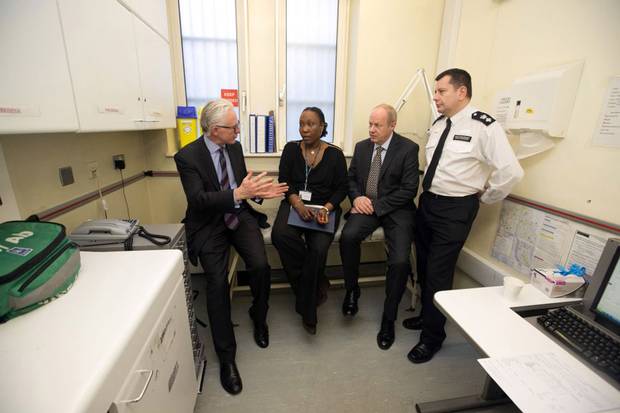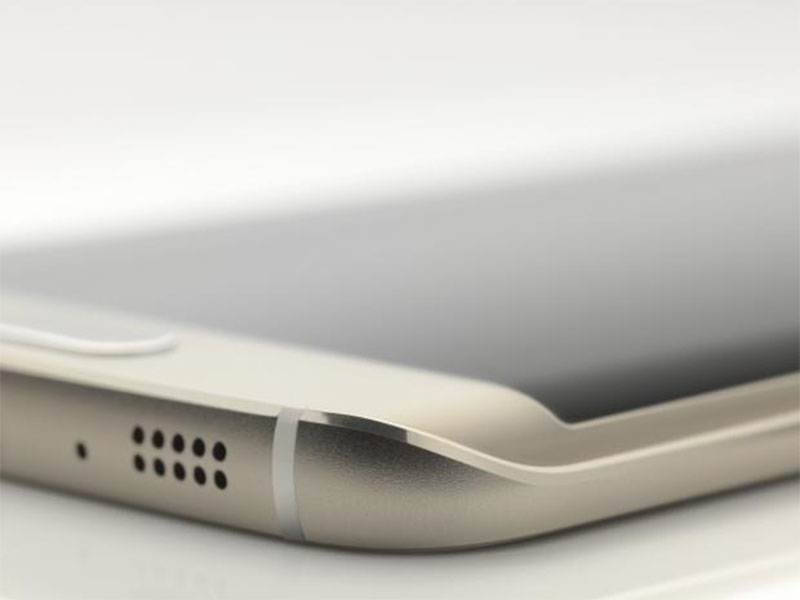Dementia: 15-Minute Test To Spot Signs Early
A new study backs the wider use of a home-based test designed to help doctors detect memory and thinking problems.

Around 800,000 people suffer from dementia in the UK
test that can be completed in 15 minutes has been developed to help doctors spot the early signs of Alzheimer’s disease or other forms of dementia.
The test can be filled in online or on paper and tests language ability, reasoning, problem solving and memory.
It is designed to tackle one of the greatest challenges facing the health service in the coming few years.
Around 800,000 people in the UK already suffer from dementia and the number is due to increase as the population ages.
Currently, the disease can only be diagnosed through in-depth testing of a person’s cognitive abilities.
Patients have to carry out a series of complicated tests, usually overseen by a highly qualified expert.
The new test should help doctors or ordinary people identify as early as possible if there are any problems with their faculties so they can get a specialist assessment as soon as possible.
The test, called the Self-Administered Gerocognitive Exam (SAGE) was developed by Ohio State University College of Medicine’s Department of Neurology.
An early study by Dr Doughlas Scharre of the Ohio State University Medical Center found SAGE could spot mild thinking and memory issues in 80% of those tested.
A new study published in the Journal of Neuropsychiatry screened 1,047 individuals aged over 50 using SAGE.
It found that, in finding signs of mild cognitive impairment in 28% of those screened, the test proved effective at assessing large numbers of people with a reasonable degree of accuracy.
The article in the journal said: “Community cognitive screening using SAGE was found to be feasible and efficient in diverse settings with both small and large groups.”
Dr Simon Ridley, head of research at Alzheimer’s Research UK, warned the test result should not be taken as a diagnosis.
He said: “Further research is needed to confirm whether the test would be suitable to assess and track changes in people’s memory and thinking skills.
“One drawback of this study is that the test was not compared with other existing cognitive tests.
“It’s important to note that the test is not designed to diagnose dementia, and people who are worried about their memory should seek advice from a doctor rather than attempting self-diagnosis with a test at home.
“Diagnosing the different diseases that cause dementia can be difficult in the earliest stages.
“Years of research are needed to develop any new diagnostic test, and this means continued investment in research is crucial.”
You can try two sample papers of the test here and here.









